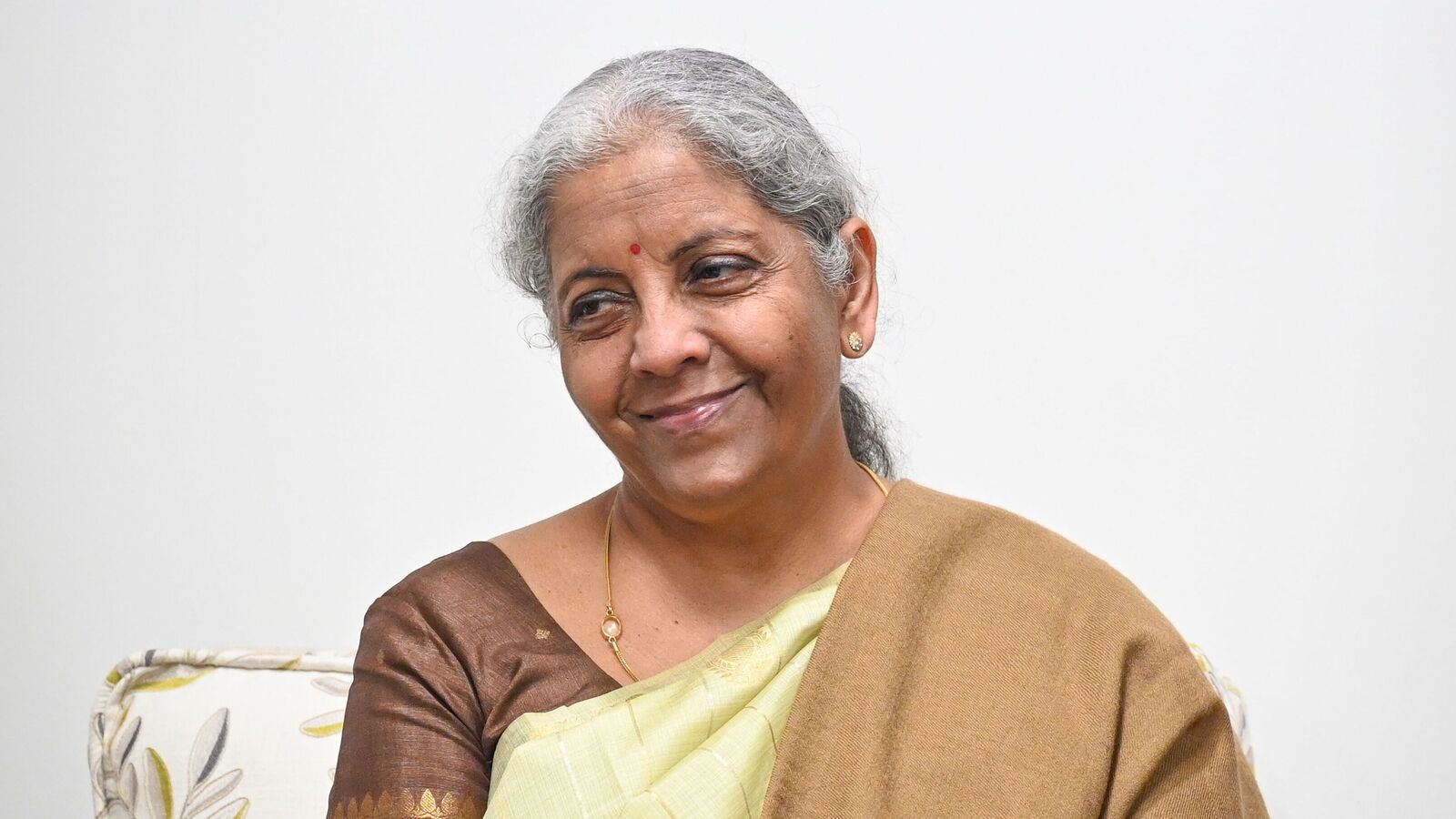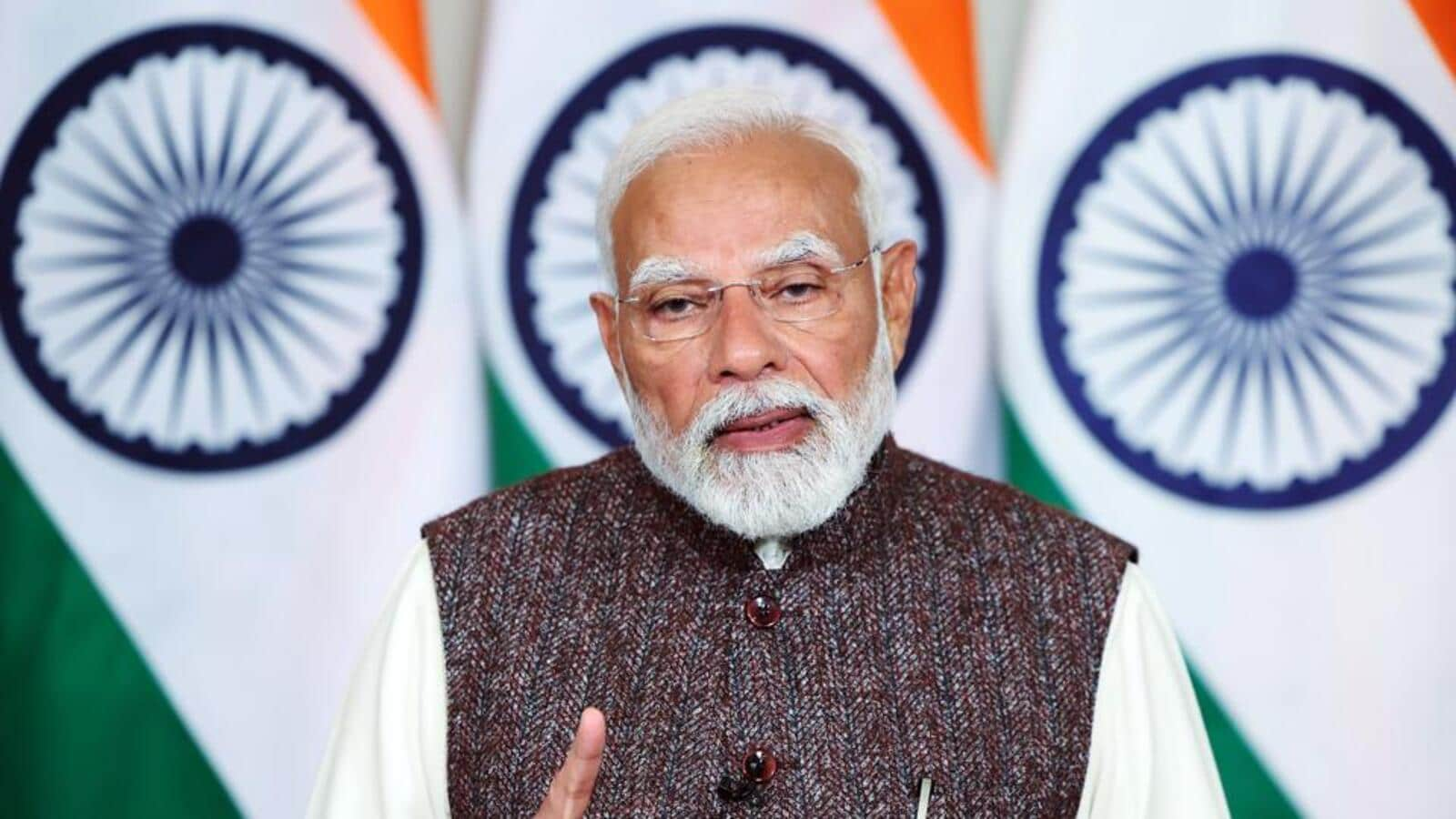In its position paper on senior care reforms, the think tank also called for increasing liquidity and capital allocation to the senior care industry | Representative image
“Specific actions required to ensure financial empowerment and inclusion include reskilling the elderly population, increasing coverage of public funds and infrastructure, and mandatory savings plans for the affording segment,” the Aayog said.
In its position paper on senior care reforms, the think tank also called for increasing liquidity and capital allocation to the senior care industry.
“Protection for the elderly from financial fraud by increasing awareness and literacy needs to be ensured. Similarly, specific interventions for ensuring digital inclusion include improving access to digital devices for seniors by making them affordable, focusing on increasing digital literacy, and harnessing the potential of modern technology,” NITI said.
The number of people over 60 years of age has been rising rapidly across the world. India, too, is seeing exponential growth in the number and proportion of elderly people, coupled with a decreasing fertility rate (less than 2.0) and increasing life expectancy (more than 70 years), the report said.
It added that the elderly in India currently comprise a little over 10 per cent of the population, translating to about 104 million, and is projected to reach 19.5 per cent of the total population by 2050, according to the report.
The Centre, in its Vision 2047 document (currently under preparation), has been doing population forecasting over the years and expects India’s population to stabilise around 1.65 billion in the future, officials said.
Besides improvements in primary healthcare through schemes such as Ayushman Bharat, the paper also called for strengthening mental health services, emergency response infrastructure and services, and addressing nutrition-related issues through initiatives like Poshan Abhiyaan for Senior Citizens.
“Integrating AYUSH systems for senior care through preventive, wellness, and therapeutic interventions has great potential to address their health issues in a holistic manner,” the Aayog said.
Visit www.cagurujiclasses.com for practical courses











